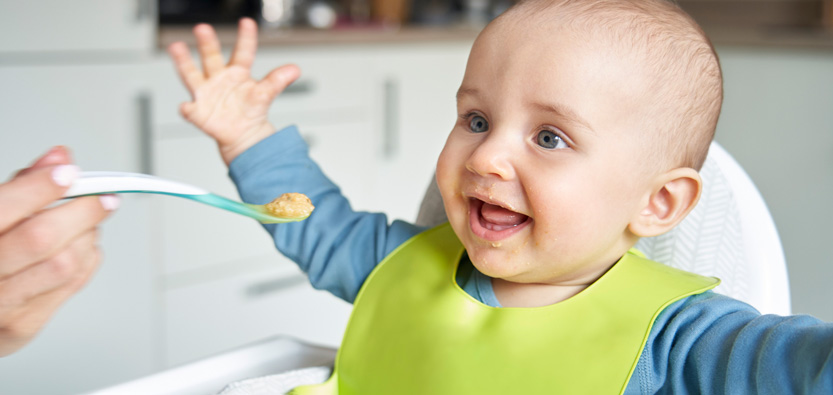By Ruti Eliav-Letter, MSc, Clinical Dietitian and Medical Information Specialist
Why is it important to hydrate when nursing?
Water is important at every stage of life. Drinking is supposed to make up for the body’s loss of water through the skin, urine, feces, and lungs. When a woman is nursing, drinking must also make up for the further loss of water going towards milk production (breast milk consist, on average, of 87 percent water). Milk production gradually increases during the lactation period until reaching an average of some 750 cc a day. When nursing twins, the amount can reach 2 to 3 liters a day. This alone shows that the nursing mom loses a great deal of liquid above and beyond what she lost before the baby.
Although it is important to drink when nursing, it seems that many lactating mothers neglect to do so. Studies have shown that nursing mothers drink only about 300 cc more than non-nursing women – 50 percent less than they should. Insufficient intake of liquid affects their general sense of wellbeing, adds to the fatigue they’re already experiencing by having a new baby, affects their mood, and impairs their concentration. All of these could indirectly have an adverse impact on the success of nursing.

Can the amount of liquid intake affect breast milk production?
The answer is that only in extreme cases of extreme starvation, due to the lack of food over an extended period of time, or particularly severe dehydration affect the quality and quantity of breast milk. When the lack of food and liquids is borderline, the effect manifests only in the mother. In these conditions, the baby generally gets all the nutrition and water they need, while the deficiency comes at the mother’s expense. Basically, the only variable affecting the composition and quantity of breast milk is the infant’s demand: the more instances of nursing, the greater the milk production.
What is the recommended amount of drinking water for nursing mothers?
Because nursing mothers lose about 0.75 liters of water through breast milk in additional to the other normal losses, the total amount they should consume is about 3.8 liters a day, with 0.7 liters coming from food rich in water and the rest – 3.1 liters – from drinking.
Liquids for the new baby
In their first six months of life, infants do not need additional water, as breast milk is composed of 87 percent water, providing for all their need for liquids. This is also true of formula. If the infant has five or six wet diapers a day, they are getting enough water.

6 months to 1 year: It now becomes necessary to add water because the infant is now consuming more solids, which contain less water than breast milk and baby formula. At this stage, infants are sensitive to contaminants because their immune system is still developing. Therefore, until they are a year old, it is necessary to boil all water they consume, including bottled water, water in tanks, and tap water. Because sweetness is an acquired taste, it is best not to give infants sweetened or even natural fruit juices, as these lead to caries and obesity with its attendant problems.
Because it has been shown that the presence of water bars increases the consumption of water, its availability to the new mom can increase the amount of water she and the baby consume. Learn more about the Strauss Water bars and get in touch for personalized information on each model.